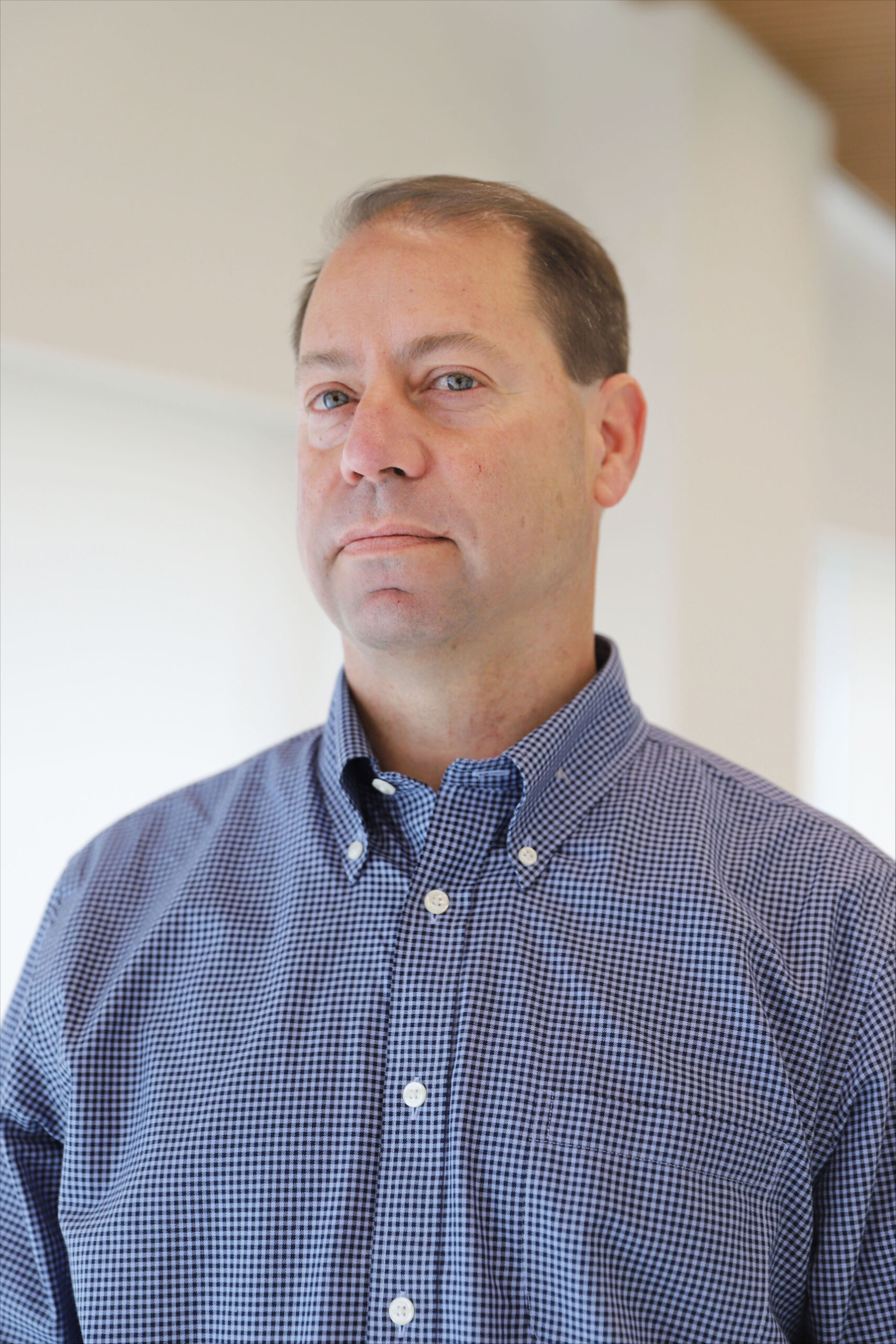Recognizing Future Public Health Leaders: Kevin Cevasco MPH, MBA, Details His Transition from IT Consulting to Public Health

On the Monday before Thanksgiving, Research!America and leading public health organizations take the time to say “thank you” to our public health workforce who work tirelessly every day to protect us from disease, injury, and other health threats. This year’s theme, “Why Public Health?,” calls attention to the ways public health professionals work to promote and protect health and shines a light on their dedication to serving communities across the country. This year, we’re highlighting future public health leaders, MPH students and recent MPH graduates, in this new blog series.
Kevin Cevasco, MPH, MBA, received his Master of Public Health in Epidemiology from George Mason University (GMU) College of Public Health. He is currently a public health doctoral candidate with a concentration in epidemiology at GMU. Kevin is passionate about his work in epidemiology and public health and uses the knowledge and skills gained through his MPH to advocate for the field and share its value. We asked Kevin some questions about his path to public health. Here are some of his responses:
Why did you choose to study public health?
“The defining moment in my career shift from information techology consulting to public health research occurred when I was serving on the board of directors of Friends of Patients at the NIH charity. The NIH asked the charity to help pay rent for a mother undergoing an NIH research protocol. Her oldest child was about to drop out of high school to work full-time to save the family home. Approving the rent check was an emotional event that highlighted to me the contradiction between NIH world-class research and families in dire health-related financial distress in the U.S.”
What do you think are the most pressing issues in public health today?
“We don’t understand how people perceive risks that have led to the national epidemics of preventable and chronic diseases. Humans, like many animals, have a behavioral immune system that is good at detecting obvious signs of contagious illness in other [people] to help them avoid exposure, like coughing or skin lesions. However, people are poor at avoiding risks of asymptomatic illnesses in others and managing chronic disease risk in their environment. Pandemic policies attempted to force behaviors and vaccination to prevent asymptomatic transmission of a COVID-19 as it overwhelmed our medical systems. However, the public pushback was swift, and the backlash continues with health departments being stripped of authority across the country.”
“We need to invest in better understanding of how people perceive risk and how to communicate risks to regain public support for public health policies and funding. Why is this urgent? The U.S. is now in a position where $1 of every $5 in our economy is spent on health care, and in many states one of every six people are disabled. Public health is essential to the economy because in the U.S., employers provide health insurance to most of the population and the increasing burden of disease threatens our global competitiveness.”
Could you share any advice for anyone who wants to pursue a degree in public health?
“Public health 3.0 talks about engaging the community, being a strategist, and establishing cross-sector partnerships. Business schools excel at external engagement, so I recommend public health students register for electives in sales, finance, and management.”
What have been some of the challenges you have experienced in public health?
“Practice talking to people outside of public health, listen to understand their perspective before offering public health solutions. The biggest challenge in public health is that most funding goes to treatment, not prevention. There are many smart people in the clinical fields that have more resources than public health and we need to collaborate better. The primary care market is seeing retail type disruptions, and new bundled payment models in the Medicaid, Medicare markets may open up new opportunities for public health funding. It will take creativity to identify sustainable collaborations.”
How can we inspire a younger generation to be interested in pursuing a career in public health?
“Area Health Education Centers (AHEC) are a wonderful health workforce development resource with offices across the U.S. that offer health career training and seminars. Also, HOSA Future Health Professionals have chapters in many middle and secondary schools that provide health training and experiences. If there’s not a chapter in your area, then start one.”




